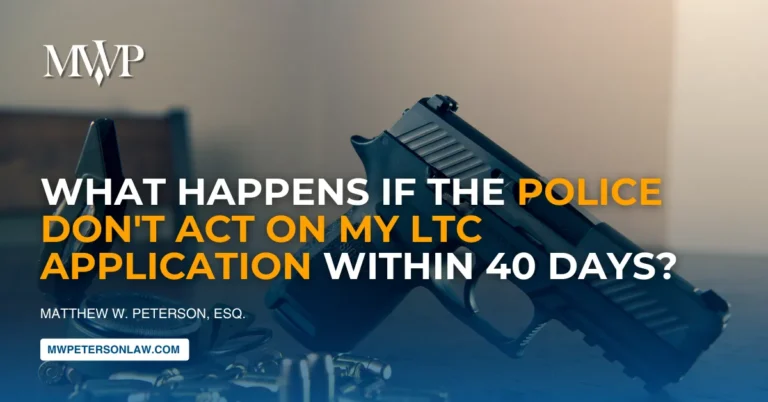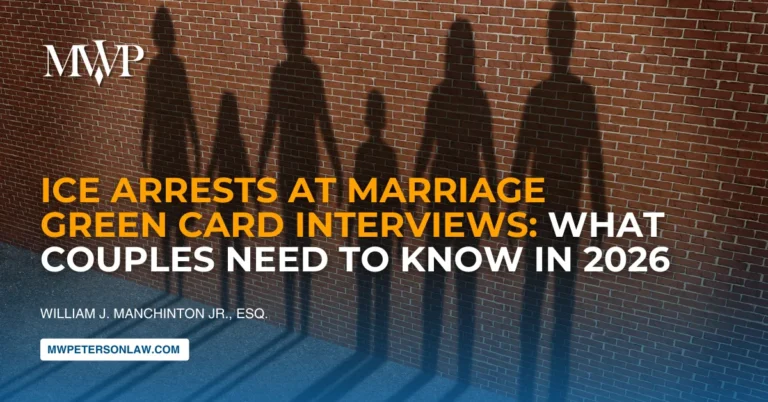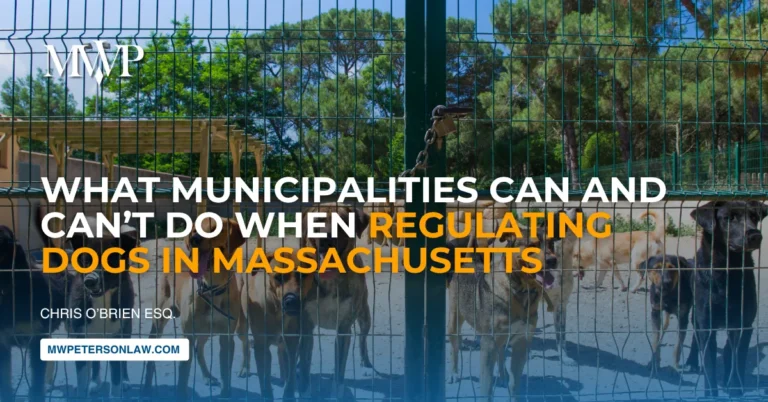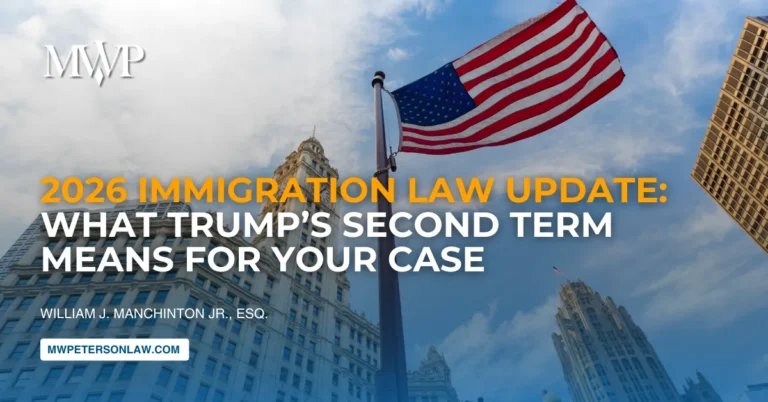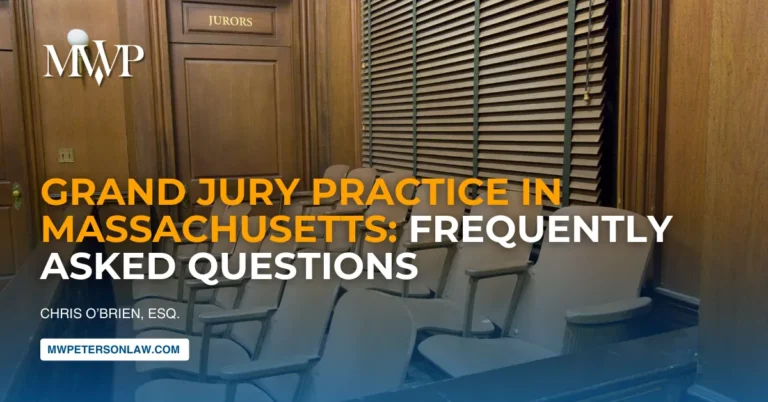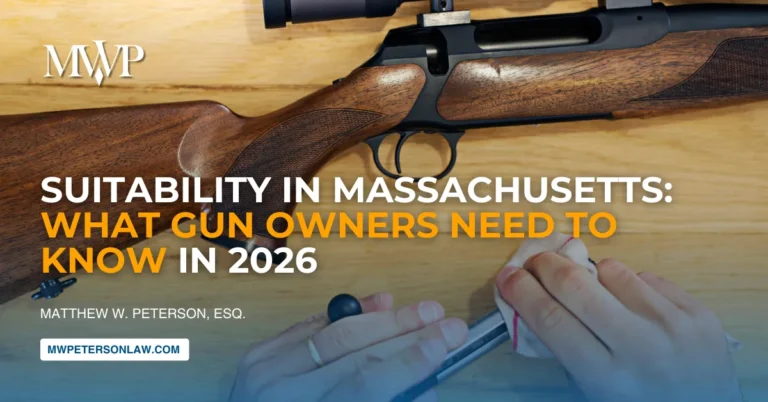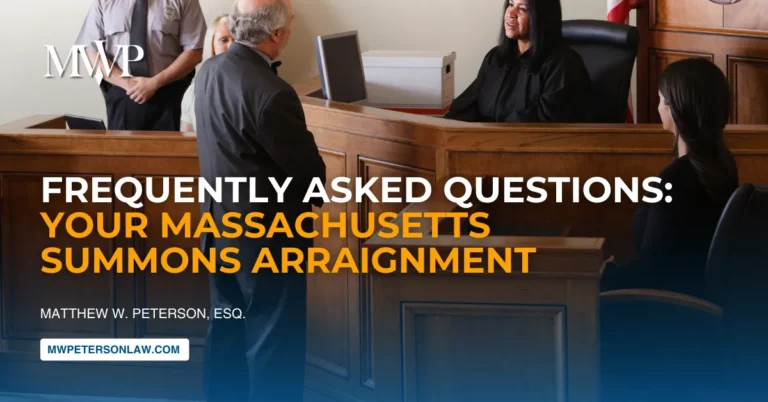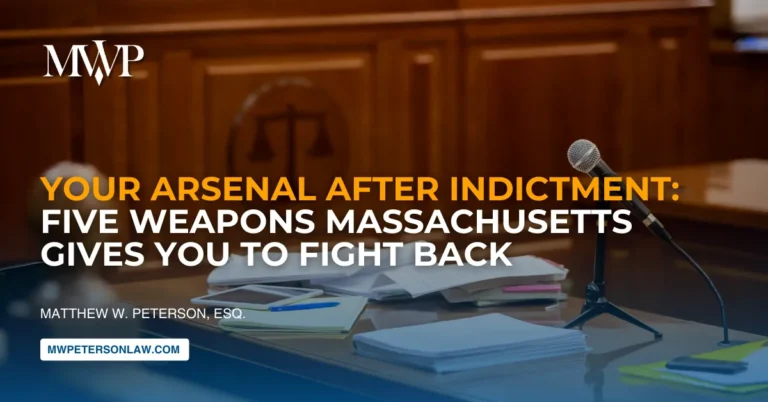Being denied firearm purchase when trying to acquire a firearm can be confusing and frustrating, especially if you already have a license to carry. Many people don’t realize that this denial often stems from simple paperwork errors rather than actual legal barriers. Let’s walk through what happens and what steps you can take if you find yourself in this situation.
Understanding Why Denied Firearm Purchase Happen
When you attempt to purchase a firearm, the FBI conducts a background check through the National Instant Criminal Background Check System (NICS). A denial frequently occurs because of incomplete information in the database—not necessarily because you’re legally prohibited from owning a firearm.
The most common issue is what we call a “disposition error.” This happens when a courthouse hasn’t properly updated records about how your case was resolved. For example, if charges against you were dismissed or reduced, but the court never updated the federal database with this information, the FBI might see only the initial charge without knowing the final outcome.
What To Do First
1. Keep the denial letter safe
2. Review the letter carefully
3. Don't panic
The Appeal Process
You have the right to appeal a firearms purchase denial. The process typically works like this:
The FBI will often send what’s called a “disposition request” to the courthouse where your case was handled. The court is supposed to complete this form and return it to the FBI, confirming how your case was resolved. Unfortunately, these forms sometimes get lost—whether they’re misplaced at the courthouse or never make it back to the FBI.
To address this, you may need to:
1. Contact the court directly to verify that your case records are accurate and complete.
2. Request certified copies of the disposition (the final outcome) of any cases mentioned in your denial.
3. Submit these documents as part of your appeal to the FBI.
4. Be prepared to follow up, as this process can take time and persistence.
When More Action Is Needed
In some situations, the records may accurately reflect a conviction that does legally prevent you from purchasing a firearm. If this is the case, you might need to explore options like:
- Seeking an expungement of the conviction
- Applying for restoration of your firearm rights
- Requesting a pardon in your state
These processes vary significantly by state and depend on the specific circumstances of your case.
Getting Professional Help
Navigating the appeals process can be complicated, involving multiple government agencies and courthouses. An firearms attorney experienced in firearms law can:
- Help determine exactly why you were denied
- Gather the necessary documentation from relevant courthouses
- Prepare and submit your appeal properly
- Advise you on additional legal options if needed
Moving Forward
If you’ve been denied a firearms purchase despite having a license to carry, don’t assume it’s final. Many people successfully appeal these denials once the proper documentation is submitted.
Remember that timing matters—appeals typically must be filed within 30 days of receiving your denial. Taking prompt action and keeping organized records of all your communications will give you the best chance of resolving the issue successfully.
The Law Office of Matthew W. Peterson is happy to offer a consultation to review your specific situation and help determine the most effective path forward to restore your firearms purchase rights.


